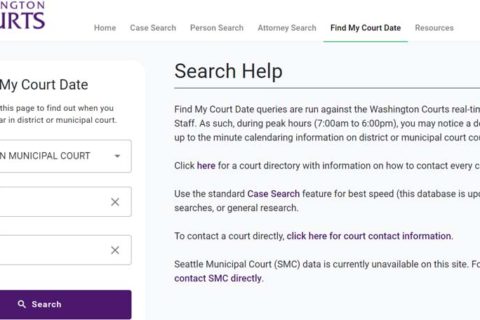If you live in the United States, you will be familiar with the term “No Loitering.” This term is frequently displayed on signs. Usually, when you visit a store or spend time in the public area, you will see these “No Loitering” signs. However, there are some people who are not familiar with this term as the word loitering is not one that is frequently used in daily conversation. Therefore, they are curious about what exactly no loitering means.
Definition of Loitering
Before you know about what exactly no loitering means, firstly you should know about what loitering is. Loitering is an activity in which someone remains in an area for an extended period of time without a specific reason or purpose, or for a purpose which is illegal. Need to know that in the United States, loitering is not legal. And, it can result in fines, jail time, and other punishments. The United States local governments created laws that prohibit loitering to reduce crime activity.

What Does “No Loitering” Mean?
As we explained above, loitering is an activity in which someone remains in an area for an extended period of time without a specific reason or purpose, or for a purpose which is illegal. So, what does no loitering mean? Simply, the term “No Loitering” means that you should not remain in an area without a specific reason or purpose for an extended period of time.
If you see “No Loitering” signs at stores, parks, sidewalks and other public areas, then you should not remain in those areas for too long. Otherwise, you will get fined or given other punishments. Keep in mind that there are time limits to how long a person can stand around in one area with no an obvious purpose.
Usually, local city authorities make the laws that surround loitering. And, these laws may vary from city to city. If a city creates laws about loitering, then the laws will apply to the entire city. It means that the rule about loitering not only applies in areas which display “No Loitering” signs, but for the entire city too. Thus, if you go to one city, we highly suggest you check the loitering rule first. Make sure you do not remain in an area which is displayed “No Loitering” signs for an extended period of time without a specific purpose.
The Examples of Loitering
While similar, loitering and hanging out are two different things in the eyes of the law. Also, the example of loitering may vary from city to city as the definition of loitering will depend on the city or state you are in.
Here, we will share some examples of loitering in some cities:
Alabama
In Alabama, a person commits the crime of loitering if he/she:
- Remains in a public area for the purpose of gambling.
- Remains in a place for the purpose of begging.
- Being masked with a group of masked people in a public place.
- Engaging or soliciting another person to engage in prostitution or deviant sexual intercourse.
- Remains in or surround a school, college or university building after having been told to leave by any authorized official of such school, college or university.
- Remains in any transportation facility, unless permitted to do so, for the purpose of engaging in any business or trade.
- Remains in any area with one or more persons for the purpose of possessing or using a dangerous drug.
Texas
In Texas, the examples of loitering such as below:
- Being on a sidewalk while displaying behavior that threatens others.
- A person who remains in a private property after being told to leave.
- Obstructing entrances to private and public areas.
- Entering a prohibited place and leaving after being warned.
For your information, in Texas, the punishment for loitering is a fine that ranges from $500 to $2,000.
California
In California, a person is convicted of loitering if he/she:
- Enter a private property with the purpose of committing a crime.
- Remains in a property that did not belong to him/her.
- Did not own a legal purpose to be on the property.
Need to note that in California, the first conviction for loitering may be a $1,000 fine with a 6-month jail sentence. And, the second conviction for loitering may be a maximum fine of $2,000 and one year in the county jail.
Massachusetts
In Massachusetts, a person is convicted of loitering if he/she remains in any public transportation facility without permission or after being forbidden to do so. The punishment for loitering may be a maximum fine of $100. Also, a person who violates the laws of loitering may be held for a maximum of 24 hours in the county jail.

A bookworm and researcher especially related to law and citizenship education. I spend time every day in front of the internet and the campus library.





